The Mobile Studies Congress 2023, held in Hangzhou, Zhejiang from December 16-17, appealed to over a hundred specialists and scholars from around the world to attend on-site or online panels. With the theme Go Mobile, Stay Creative, the congress delved into how creativity shapes and redefines mobile media, smartphone film-making, mobile studies and so on.
The congress commenced on the morning of December 16 at Zijingang International Hotel, presided over by Li Siyue, Assistant dean of Humanities and Social Sciences, Zhejiang University. Wei Lu and Max Schleser, Co-Chairs of the Mobile Studies Congress, delivered welcome speeches as Dean of Zhejiang University's College of Media and International Culture(CMIC) and Associate Professor at Australia's Swinburne University of Technology, respectively.
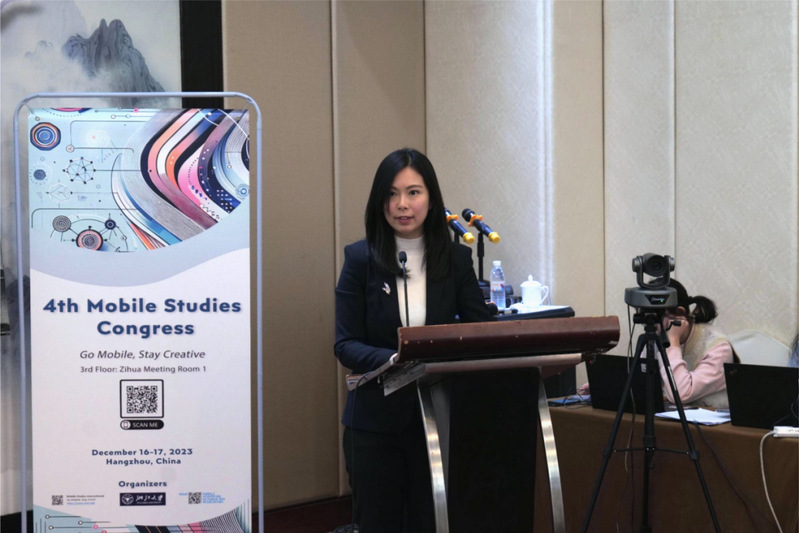
Dr. Wei Lu began by introducing digital global communication and media studies as two key disciplinary directions of CMIC and highlighting the need to foster creativity in the ever-changing media environment. He then noted that the emergence of generative AI presents opportunities for original research. According to Wei Lu, the time has come to shift focus from traditional interpersonal communication to human-machine interaction and contribute to a unique Chinese knowledge system in the AI era.
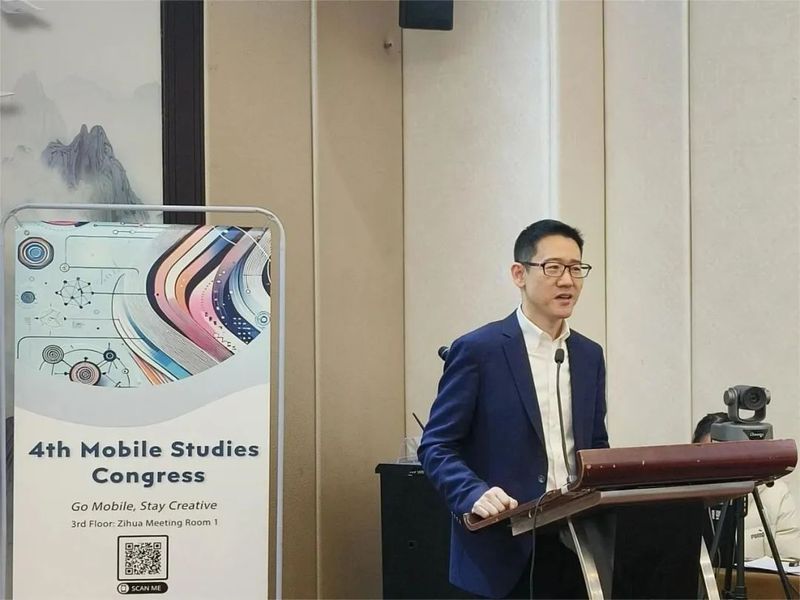
Dr. Max Schleser acknowledged the past successes of the congress and anticipated its continued growth. He also introduced the Mobile Innovation Network & Association in Australia, showcased its online platforms and academic resources, and called for cooperation in international mobile studies.
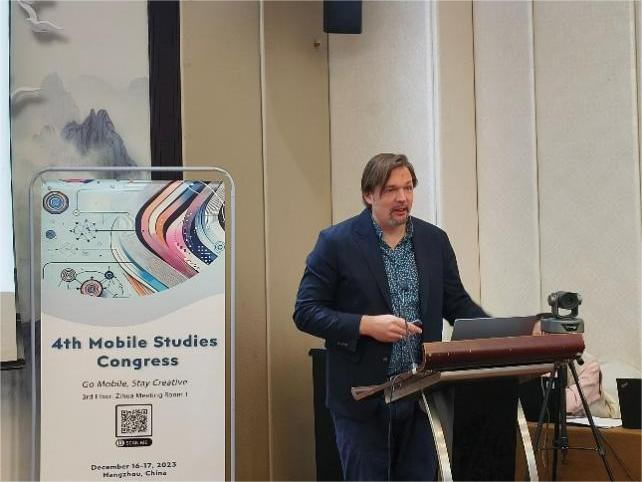
Xiaoge Xu, a professor at Zhejiang Wanli University and the founder of Mobile Studies Congress and Mobile Studies International in Singapore, delivered a report on the intersection of AI and mobile studies. He emphasized that AI is reinventing our identities and work, and that it has a profound impact on the interdisciplinary field of mobile studies encompassing mobile media, mobile objects and mobile communication. He illustrated this by presenting an AI-generated video and discussed the vast potential of AI applications. He hoped that through collaborative efforts, the international mobile studies would be advanced with the usage of AI and mobile technologies.
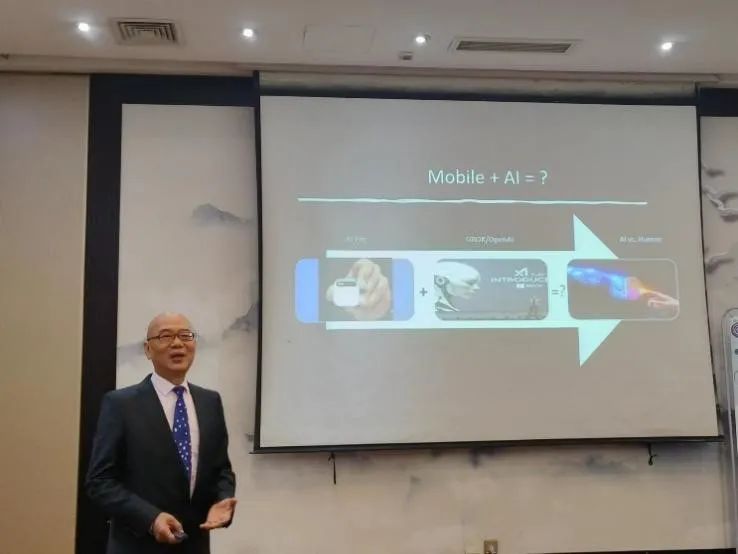
Dafydd Sills-Jones, an associate professor at Auckland University of Technology in New Zealand, made an online speech focused on media education in the age of intelligent communication. He noticed that today’s students, as digital natives, have fluid and adaptable mindsets. Accordingly, he proposed that media education should be approached from various perspectives such as critical pedagogy and educational psychology.
Angus W.H. Cheong, the founder and CEO of ERS e-Research & Solutions and uMax Data Technology(Macao/Hong Kong), presented a report on the role of social intelligence in education. Revolving around the concept of social intelligence, he discussed how the prevalence of AI and social media gives rise to this idea, and highlighted the importance of combining AI with human intelligence to enhance social intelligence. He also identified three key dimensions of social intelligence: the societal, the social media and the individual.
The two-day congress featured 17 panels that brought together a diverse group of experts and scholars from renowned institutions such as India’s Central University of Tamil Nadu and Australia’s Grandshow Video Productions. Based on topics ranging from mobile communication of SDGs to mobile music, the attendees shared insights and reached a consensus, initiating international academic dialogue and gathering collective efforts of global academia so as to promote mobile communication research.
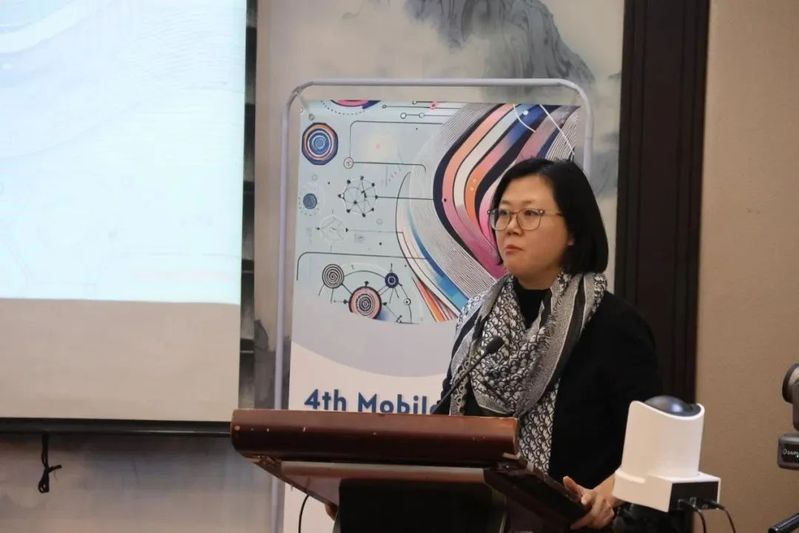
The congress came to a close on the evening of December 17, with the closing session presided over by Hong Yu, Associate Dean at Zhejiang University’s College of Media and International Culture. Dr. Xiaoge Xu made a conclusion of the congress, encouraging scholars from different backgrounds to explore the burgeoning interdiscipline of mobile communication. Dr. Max Schleser expressed his heartfelt appreciation to the attendees and looked forward to future collaborations and discoveries.
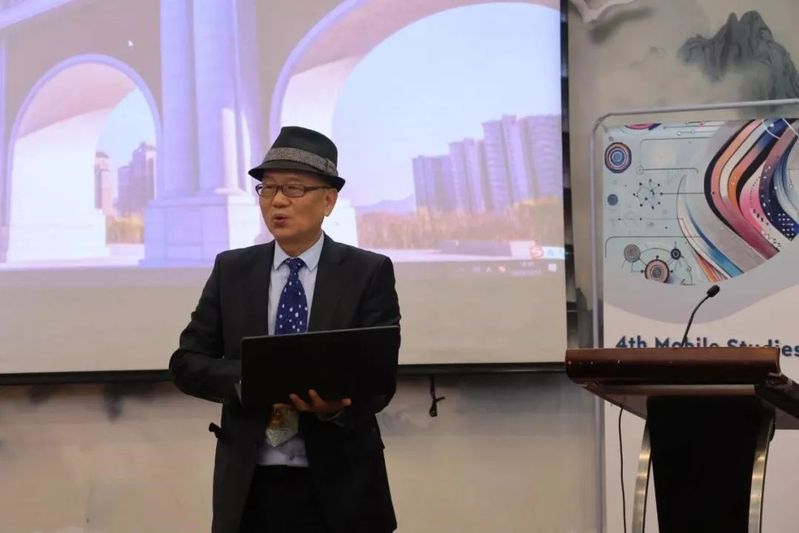
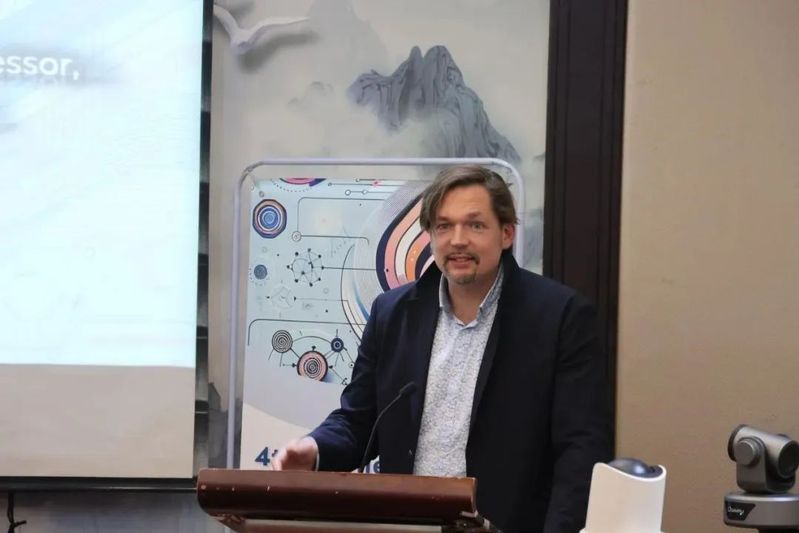
The Mobile Studies Congress has been held for four consecutive years since 2020, themed on mobile health, mobile sustainable development, mobile innovation, etc. It invites experts and scholars from home and abroad to discuss about the creative potential and sustainable development of mobile technologies.

